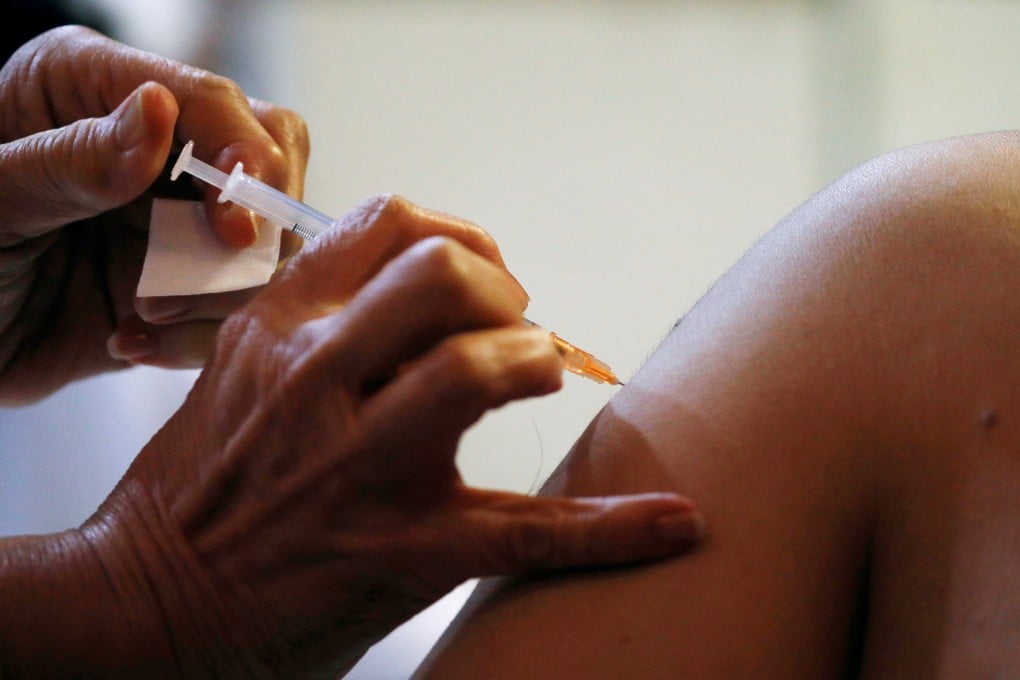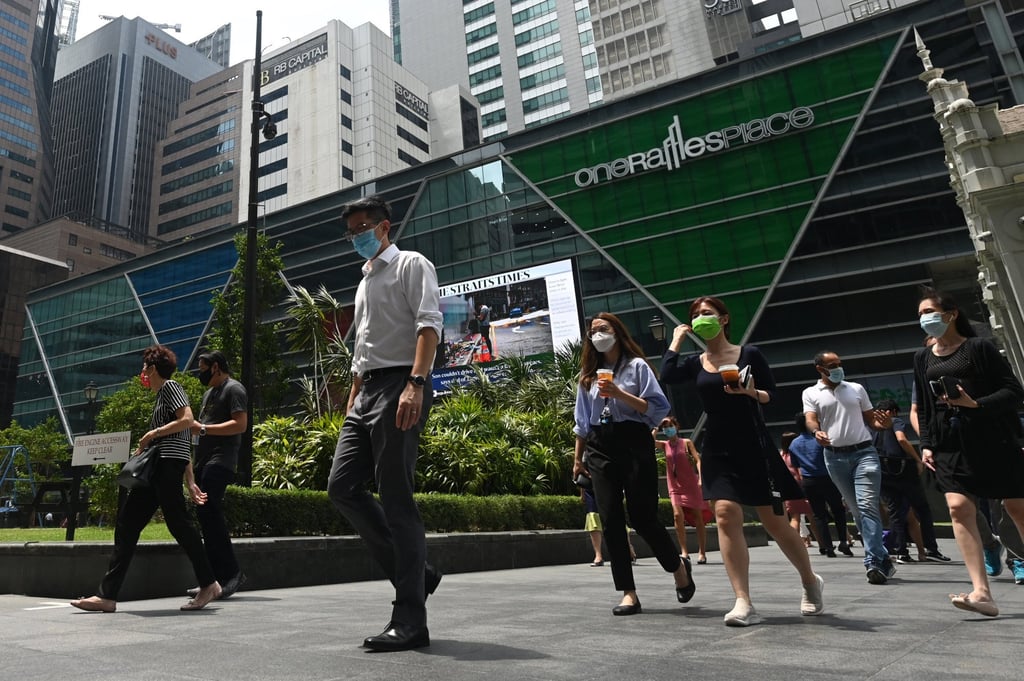Singapore opens coronavirus vaccinations to over 45s, warns of potential disruptions as EU tightens grip on exports
- Health Minister Gan Kim Yong encourages Singaporeans to ‘get vaccinated as soon as possible’ to head off any potential supply disruptions in future
- Meanwhile, government denies it felt unable to turn down a batch of China’s Sinovac because it did not want to upset Beijing; says early delivery was fulfilment of an advanced purchase agreement

The city state, which has given shots to 14 per cent of its 5.7 million population using the vaccines developed by both BioNTech and Moderna, gave the update as Hong Kong suspended vaccinations using the BioNTech vaccine. The move in Hong Kong followed the discovery of packaging defects on a batch of the BioNTech vaccine, which is distributed in the city by the Shanghai firm Fosun Pharma. However, the BioNTech vaccine in Singapore is distributed by Pfizer.

Gan in a press conference said there had been “no significant disruption” to Singapore’s vaccine supplies so far but added that there was “very little stock” to cover any potential disruption because the country sent doses straight to vaccination centres as soon as they cleared quality control.